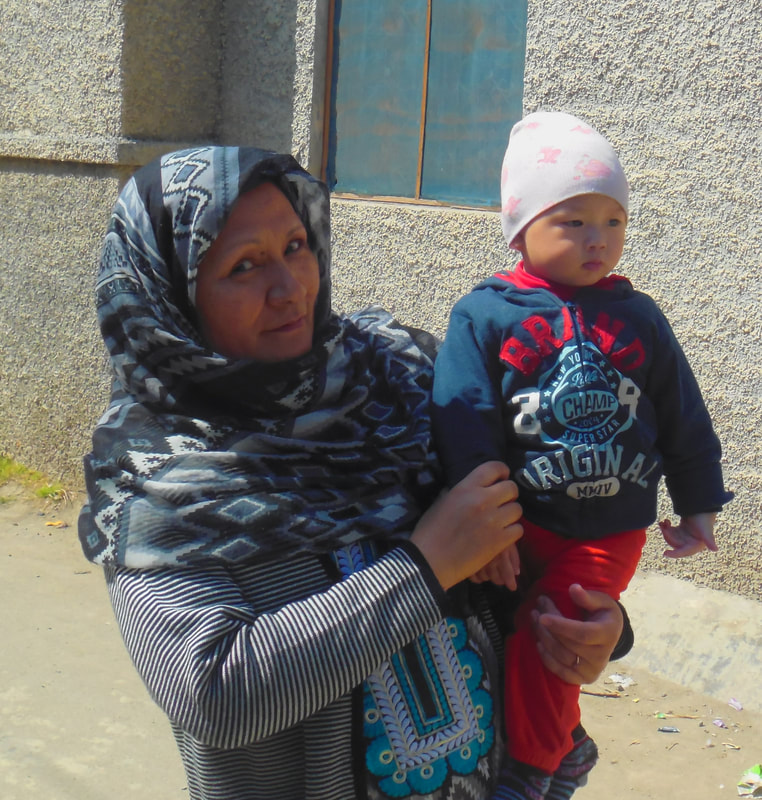At the forefront of the new militancy in the Indian state of Jammu and Kashmir (J&K) are children. This brief builds on a United Nations (UN) 2018 report highlighting the recruitment of juveniles by militant groups in Kashmir, and explores the issue using data and case studies. The brief discusses the factors and conditions that encourage minors in J&K to join such groups, in the context of the weaknesses of the existing juvenile justice system in the country and the excesses employed by security forces.
|
Khalid Shah has written a well researched and argued article 'Children as combatants and the failure of state and society: the case of the Kashmir conflict' - here's the link. It's been posted by the Delhi-based Observer Research Foundation. Here's the abstract:
At the forefront of the new militancy in the Indian state of Jammu and Kashmir (J&K) are children. This brief builds on a United Nations (UN) 2018 report highlighting the recruitment of juveniles by militant groups in Kashmir, and explores the issue using data and case studies. The brief discusses the factors and conditions that encourage minors in J&K to join such groups, in the context of the weaknesses of the existing juvenile justice system in the country and the excesses employed by security forces.
0 Comments
Public History Review, based in Australia, has published an article entitled 'Silent Narrative' by Rishabh Bajoria - an account of a project designed to influence perceptions in Delhi of the Kashmir conflict. Here's the link - and I am posting below an abstract of the article:
In this article, I describe my public history project seeking to transform a street in Connaught Place, New Delhi, into a militarised Srinagar marketplace. Through this phenomenological project, I aim to make Hindu, middle- class, upper-middle-caste Indians realise that the Indian presence in the Kashmir Valley is a colonial, military occupation. Through this, I want them to reconsider India’s claims of being a secular, liberal-democracy. To contextualise my intervention, I briefly represent the mainstream Indian narrative on Kashmir, both in academia and the wider public space, in the first section of this article. Thus, by highlighting the ‘silences’ in the general understanding of Kashmir, I will demonstrate my project’s contribution to Kashmir’s historiography. Anisa Bhutia has written an excellent article about the Khache, the small Tibetan Muslim community many of whom now live in Kashmir, the region where their forbears came from. 'Longing, Belonging and the Politics of Naming: the case of the Khache' appears in Himalaya, and it's accessible online:
https://digitalcommons.macalester.edu/himalaya/vol38/iss2/8/ Here's the abstract of Bhutia's article: In Tibet, Muslim traders and subsequent settlers from Kashmir were called Khache. Over the years, this term has come to acquire multiple significations. By engaging with the complex history of the group and their eventual return to Kashmir, this paper tries to uncover these very significations and how the idea of Khache represents a coming together of the Himalayan region (Tibet, Nepal, Kashmir, Darjeeling, Kalimpong). In their multi-layered notion of belonging, there is a strong sense of attachment to the imagined Tibet, reflecting a harmoniously lived life, while further complexities emerge from their repatriation to the ancestral land of Kashmir. Referred to as Kashmiri Muslims (loosely, Khache) in Tibet, and now as Tibetan Muslims in Kashmir, the confusion in identity is as much linguistic as political. We should also note that regional prefixes such as ‘Tibetan’ or ‘Kashmiri’ don’t just fixate associations with regions, but also with regimes of power and powerful agents. As such, through this article, I am trying to argue for a geographically and politically neutral or at least less problematic term Khache. Finally, this paper is an ethnographic examination of how different representations and regional influences can be witnessed in everyday life performances for this group, and how these ultimately shape their sense of being. In the same vein, we will locate Islam emerging as a constant and source of justification to life's trials and tribulations – as often portrayed by the analogy to hijrat – the journey to save one's religion. |
Kashmir
|

 RSS Feed
RSS Feed